Beth Geiger

Trustworthy journalism comes at a price.
Scientists and journalists share a core belief in questioning, observing and verifying to reach the truth. Science News reports on crucial research and discovery across science disciplines. We need your financial support to make it happen – every contribution makes a difference.
All Stories by Beth Geiger
-
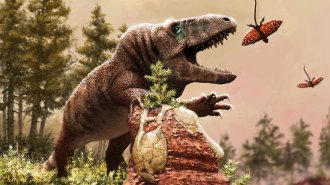 Animals
AnimalsExtreme climate shifts long ago may have helped drive reptile evolution
The end-Permian extinction left reptiles plenty of open ecological niches. But rapid climate change may be what kick-started the animals’ dominance.
-
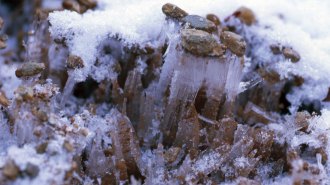 Earth
EarthHere’s how ice needles sculpt patterns into cold, rocky landscapes
Striking stone patterns decorate remote, frigid landscapes. The recipe for these naturally forming stripes and swirls: Freeze, thaw, repeat.
-
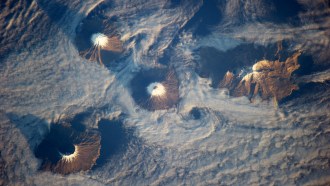 Earth
EarthAn enormous supervolcano may be hiding under Alaskan islands
A geologic game of connect the dots reveals hints that Mount Cleveland, the Aleutians’ most active volcano, may sit on a giant undersea crater.
-
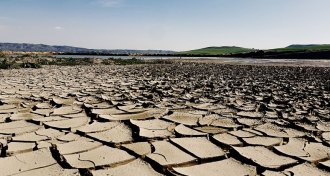 Earth
EarthYou’re living in a new geologic age. It’s called the Meghalayan
The newly defined Meghalayan Age began at the same time as a global, climate-driven event that led to human upheavals.
-
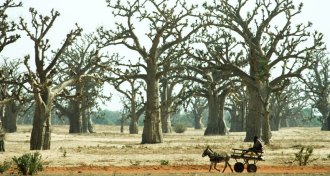 Ecosystems
EcosystemsEarth’s dry zones support a surprising number of trees
A Google Earth-based estimate of dryland forests adds serious leafage to Earth’s total tree count.
-
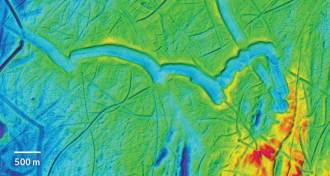 Earth
EarthStunning images reveal glacial landscapes under the oceans
The most detailed atlas of the seafloor ever compiled offers colorful imagery and ghostly glimpses of Earth’s glacial past.
-
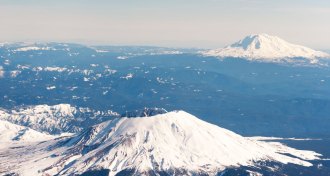 Earth
EarthMount St. Helens is a cold-hearted volcano
Geophysics reveals that deep beneath Mount St. Helens, there’s no source of hot magma, just a wedge of cold serpentinite rock. Where is the missing heat?
-
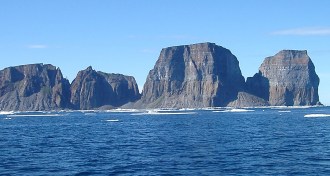 Earth
EarthRemnants from Earth’s birth linger 4.5 billion years later
Shaken, not stirred: Tungsten isotopes reveal that mantle convection has left some remnants of ancient Earth untouched for 4.5 billion years.
-
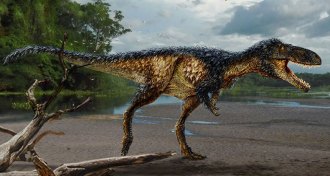 Paleontology
PaleontologyNew tyrannosaur bridges gap from medium to monstrous
Horse-sized Timurlengia euotica had a brain and ears like its bigger relative Tyrannosaurus rex, which lived millions of years later.
-
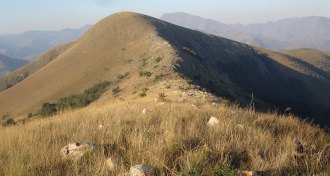 Oceans
Oceans3.5 billion years ago, oceans were cool, not hot
Extensive new evidence from South Africa suggests that 3.5 billion years ago, Earth was locked in a cold spell, with isolated blasts of hydrothermal heat that may have helped incubate life.